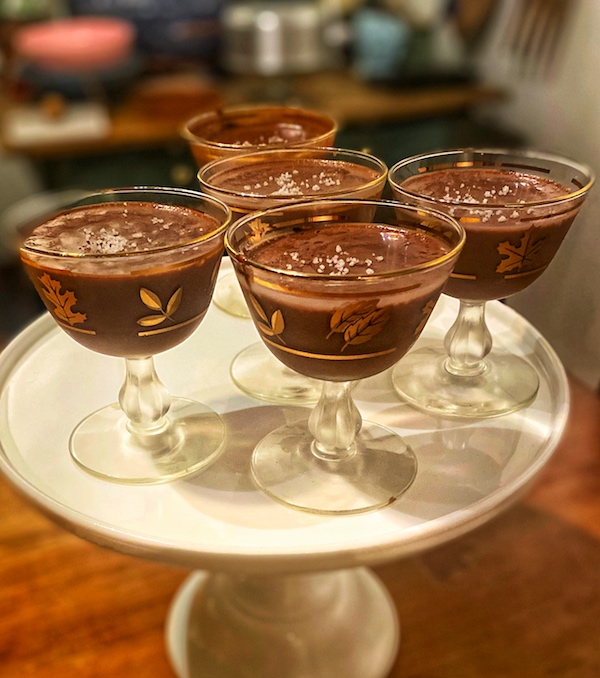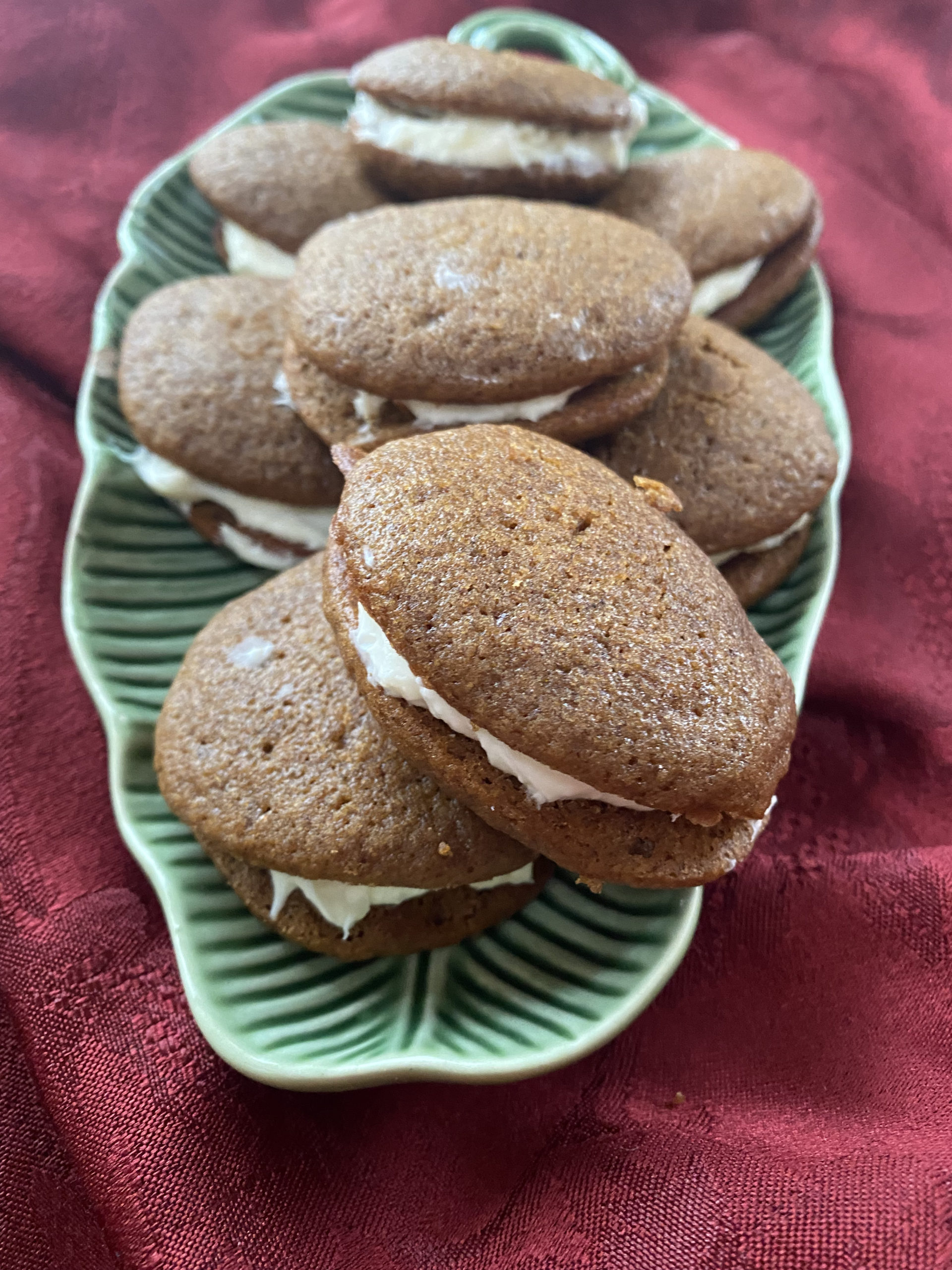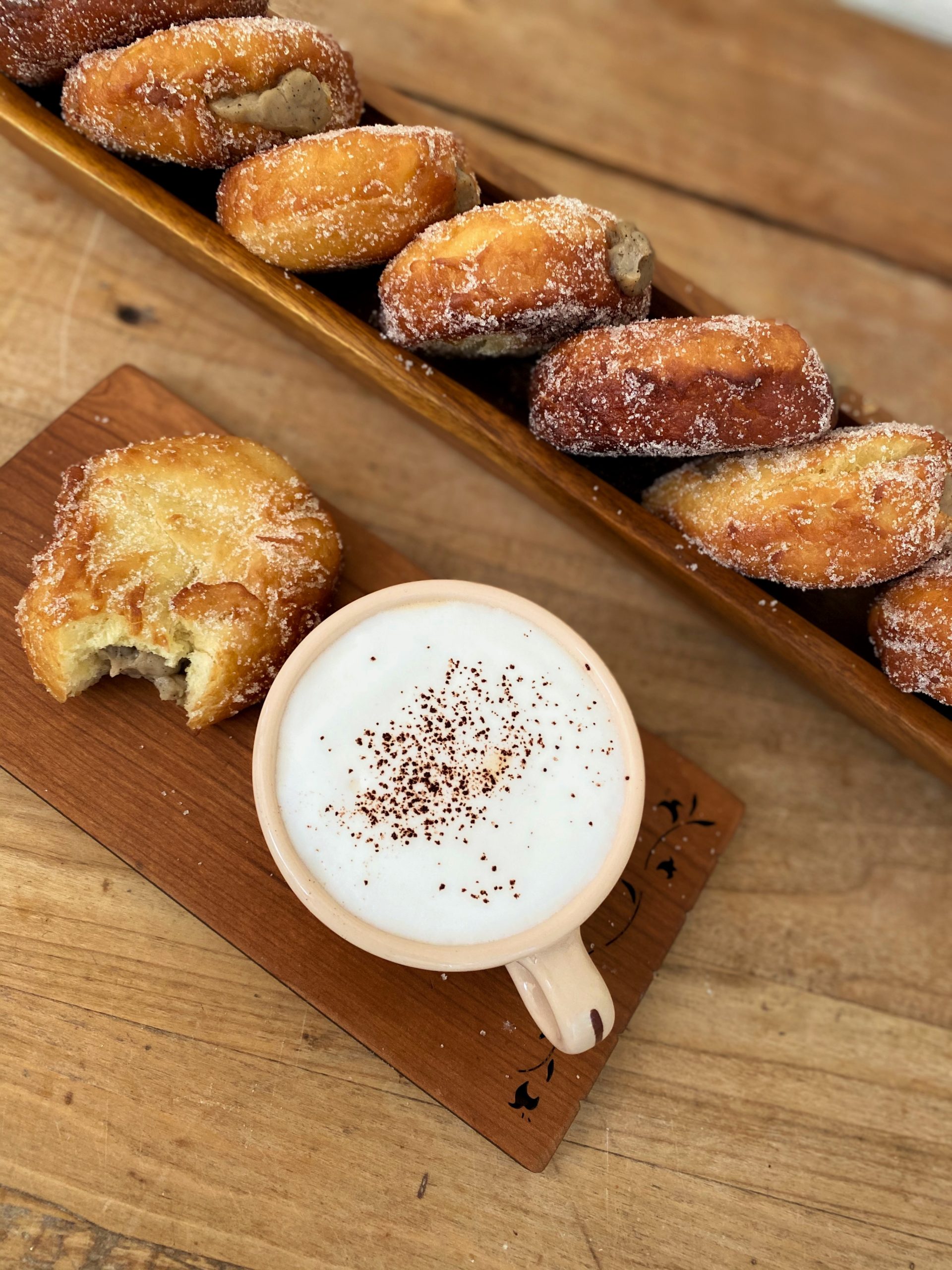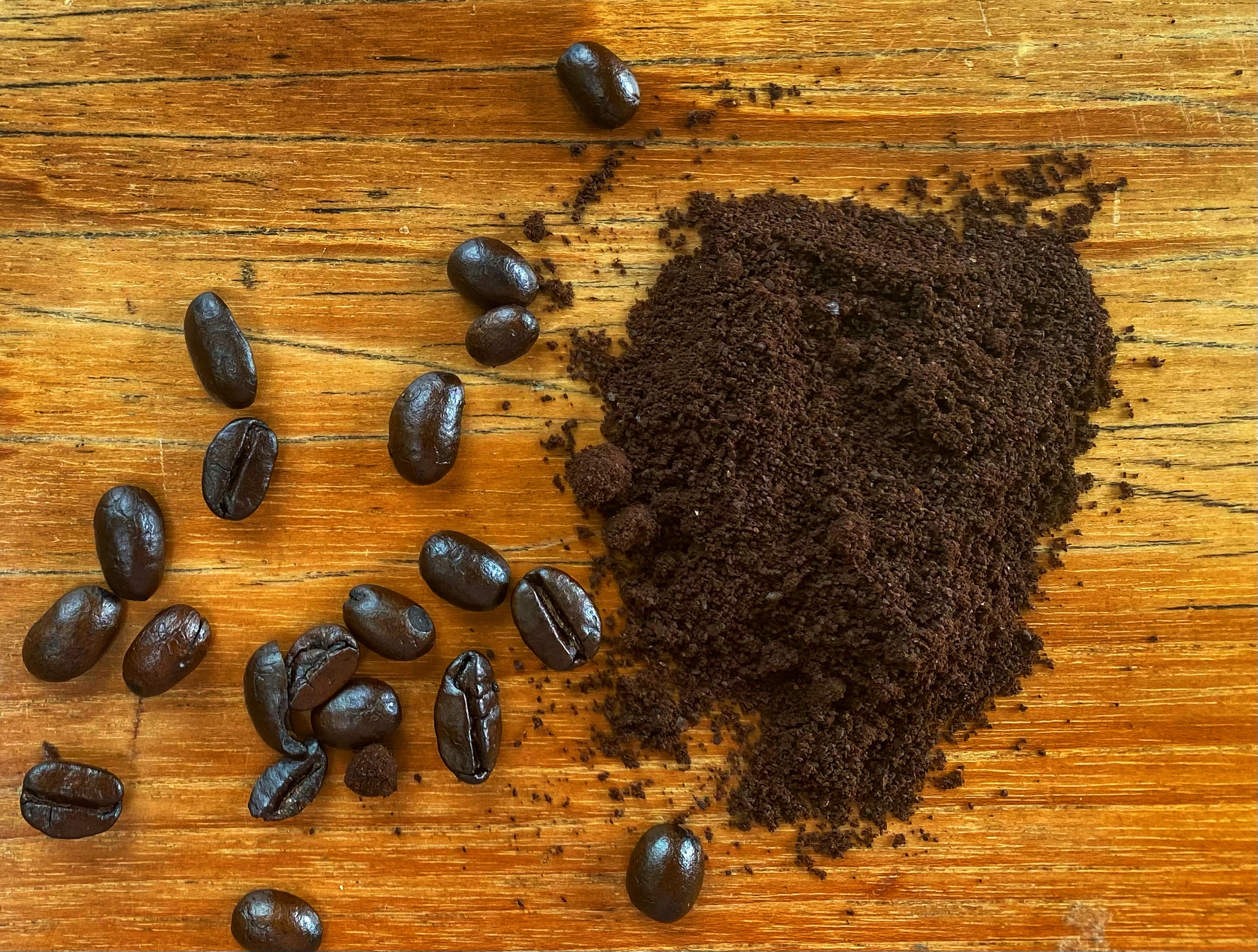Two years ago, I had the opportunity to sit down with Santa to discuss the problems he faced with the continued recall of many children’s toys due to the excessive levels of lead paint and concern about toxic levels of PVC used in toys. As parents were left to wonder which toys were safe to purchase for their children, I spoke with Santa about how he was dealing with the crisis.
This month, I spoke with Santa again, asking him about what experience he could impart on the state of food and our relationship with it. To read my previous interview, visithttp://edibletidbits.blogspot.com/2007/12/ok-bit-off-of-topic-but-at-least-it-is.html
Family Eats: Can you compare your experience of outsourcing toy production with that of the state of food production in the U.S.?
Santa: Sure. My experience in China, where the unending source of cheap labor allowed me to produce unlimited quantities of product at remarkably cheap prices, was an eye-opener. It seemed like a good business move, but I quickly realized that it was a very unsustainable way of doing business. While I was able to manufacture toys at breakneck speed at rock bottom prices, it was done at a high cost people and the environment.
Similarly, the agricultural industry has progressed to a point where it has the ability to produce unlimited quantities of meat and grains, at extremely cheap prices.
Yet there are hidden costs to these actions. For me, it was the livelihood of the elves I laid off (and its affect on their family and community). This move also affected the health of the consumers who received unsafe toys, and manufacturing processes proved to be detrimental to the environment.
The same is true with food production. Hidden costs are the increase in use of antibiotics, acceleration of global warming due to energy-intensive food system and the dependence on corn and its effects on our bodies. Similar to the production of massive amounts of cheap toys, the food system delivers cheap, filling food that has a direct affect on our bodies and the environment.
FE: Market demands led you to outsource your production. You laid off your Elves and put production in other countries, including China, where you don’t know your source. Now that you have experienced this, can you talk about the importance of knowing your source?
Santa: When I made the decision to outsource production of toys, I did so to keep up with demand, and to keep prices low. But in the end, that decision backfired. I was unaware of the issue such as quality control (or lack of it), once the manufacturing moved to China. For me it was shoddy construction and lead in paint that marred my reputation and created a situation in which I put ‘my’ children in jeopardy. This is a lesson that can be applied to the food system. Without knowing the source of the foods you purchase, you cannot be ensured that they are produced in a way that is beneficial to our health, that of the environment, or of those who produce it. With the growing number of food scares, consumers must begin to demand security and that is through assurance that food is produced in a manner that is safe for them and the Earth.
FE: How should we deal with the increasing demand for food?
Santa: Like the growing demand for toys led me (and others) to focus on quantity rather than quality, it led to more problems and a cycle that was hard to break. It is imperative in the food industry that consumers are educated about the importance of their food choices, and that the continual mass consumption that prevails – with the oversized portions of everything from sodas to burgers to pasta – we must educate consumers that be consuming less of higher quality whole foods, is much better for them than large portions of highly processed convenience foods.
FE: Can you discuss how advertising affects your business?
Santa: Children are constantly bombarded with branding messages and toys through television – driving over-consumption. I remember when birthdays and Christmas were the two times a year children looked forward to a special gift from their parents (and me, of course). Now, children rarely have to wait and dream about receiving a toy. With low cost and seemingly unending availability of toys, too often parents succumb to their children’s wishes. To make matters worse, advertising brainwashes our children into believing they need the latest toy – leading them to quickly discard older toys for newer ones.
Advertising also affects what we eat – the young and old. Fast food commercials entice children with small toys and other gimmicks, while adults are enticed by tools that stress quick results, short cuts and super conveniences – as opposed to the pleasure associated with preparing and eating foods from scratch.
I long for the days when children are grateful for the toy they received and cherish it, play with it for years on end. It is that slowing down and appreciating a gift, a gift that is also imperative when it comes to food. Food is a gift, and there is much joy in creating it and enjoying it with others.
FE: Speaking of television, what are your thoughts about cooking shows?
Santa: I have always had a problem with the growing demand for electronic and battery-operated toys. Sure the children love them, but they become too dependent upon the toys to entertain them. These toys don’t allow children’s creativity and imagination come out. Children sit in front of television playing a videogame, or press buttons to have the toy sing the alphabet, and expect an electronic toy to entertain them. All these toys entertain without engaging the child’s imagination – or interaction with other people . . . including parents.
That is how the cooking shows often function. They are entertainment, rather than inspiration. For the most part, they don’t teach consumers how to cook, how to go through the process – instead they nurture the desire for the result. It is more about the result, rather than the process.
I feel we need to reconnect with others and allow our creativity to come out. The process of learning, interacting and creating meals with our own hands, can only bring positive outcomes on our health and that of our families.
FE: So, you aren’t optimistic about our knowledge of cooking?
Santa: I would like to be more optimistic. But from what little I see on Christmas Eve as I visit homes across the world, specifically in the U.S. there has been a change. Twenty to 30 years ago, children left out homemade goodies for me. Today, most of the cookies left for me are store bought. And, the carrots left for my reindeer now come in small bite-sized pieces, all peeled and washed. I long for the days when homemade cookies were left out for my enjoyment. It is all representative of the desire for fast, convenient foods, that require little, if any, preparation.
FE: Can you comment on the effect the availability of massive amounts of cheap food has had on our health?
Santa: I know, right now you might look at me and think that I am a product of fast food and highly processed foods. I know that I am known for my girth, but during off-season I slim down. Mrs. Claus and I eat very healthy most of the year. She does like to fatten me up a bit for my long journey – and I do gain a bit of weight from all the cookies and sweets I consume on Christmas Eve.
It is my belief that we must transform the relationship we have with our food and our families. Cheap food can no longer be the norm.
We all must stop thinking big – big business, big food, and big discounts. Great tasting, whole foods that are produced in a manner that is good for the environment, may cost a bit more, but if we get our overeating in line with proper portion sizes, cutting back on ‘filler’ foods, then our appetite’s will be satisfied, and our pocketbooks will not feel the pinch.
By reconnecting with the farmers who produce the foods we eat, we can create a relationship that is beneficial to both ourselves and that of the farmers. By connecting with the source of our foods, we learn about the care taken to grow that produce or rear that animal, discuss efforts to ensure food safety, and protect the environment. By changing from packaged foods consumers to whole foods consumers, we can consume foods healthier for our bodies and that of the environment. As we make the change, we will also consume less food. From consumption that is dominated by on-the-go and alone, to personal preparation and time spent at the table with family and friends – now that is what is needed. Wishing much health and happiness to you all.
Happy Holidays!






